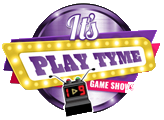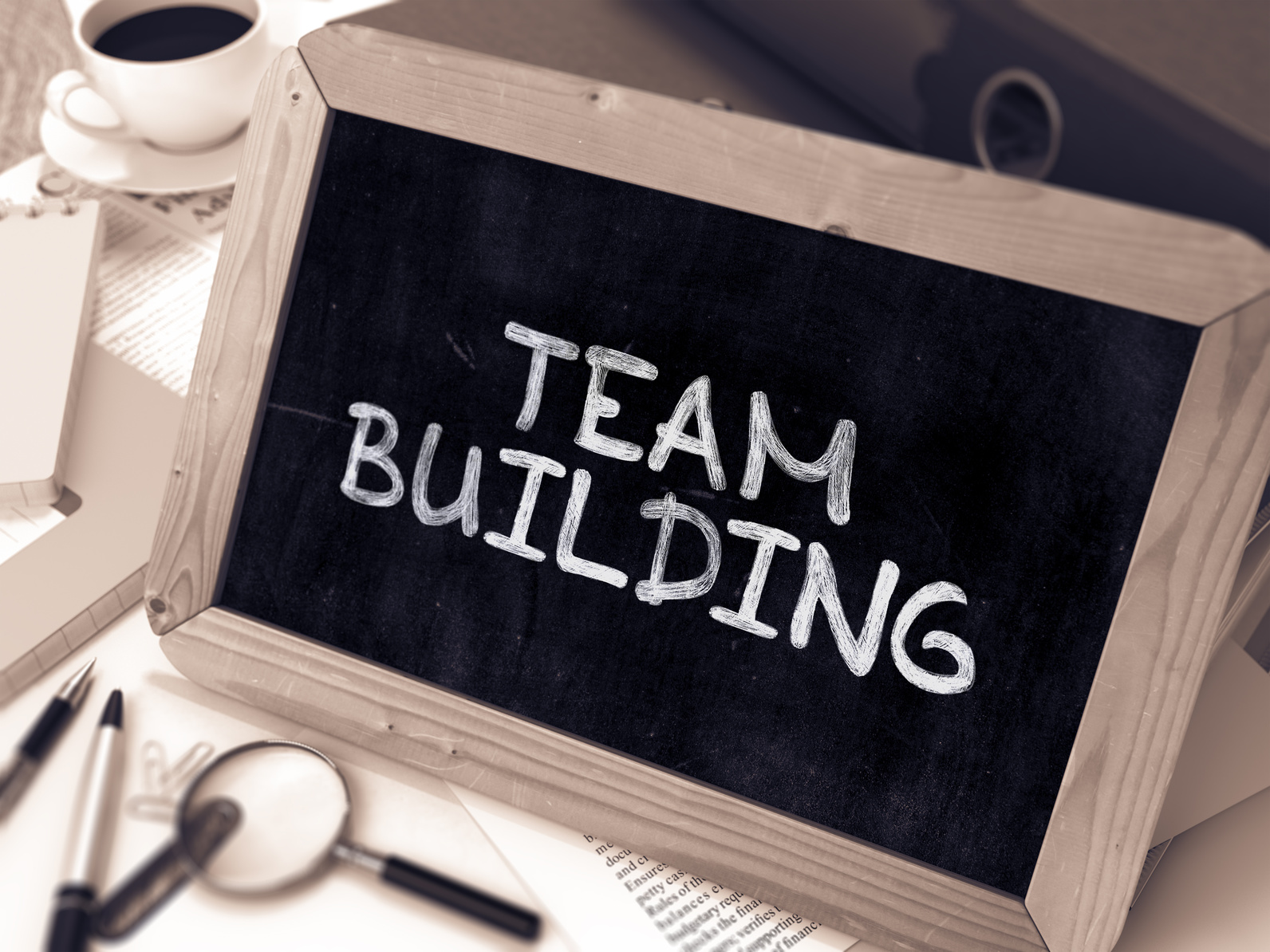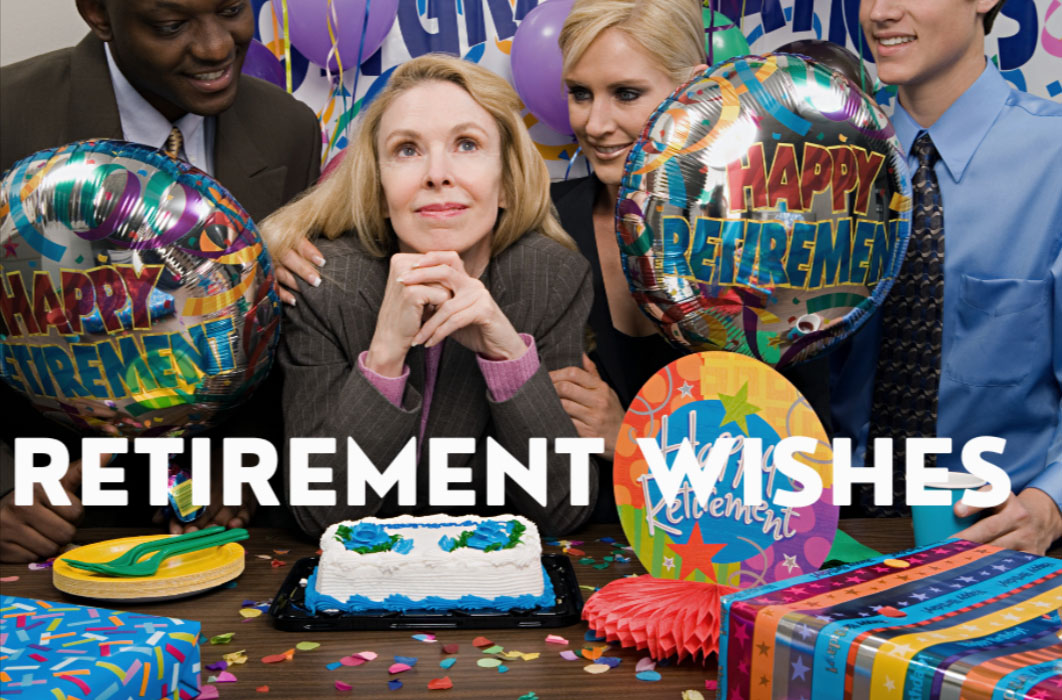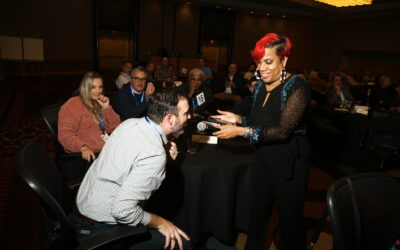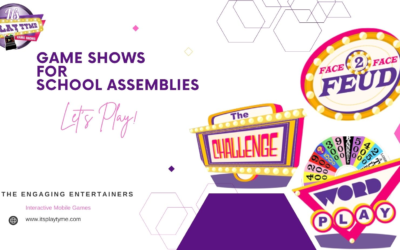70% of remote workers feel disconnected from their colleagues, studies show. Companies spend $50 billion a year on team-building that employees find awkward and ineffective. This shows we need new ways to connect at work.
Smart companies are moving from awkward trust falls to exciting game shows. Imagine your team solving puzzles like Wheel of Fortune or racing through trivia. These games help teams bond through fun and shared wins.
Today, 83% of employees want fun activities over boring social events. Live game shows offer both fun and skill-building. They help teams improve communication, decision-making, and problem-solving in a fun way.
For those looking for something different from escape rooms, these games are perfect. They come in various themes and levels. In today’s modern workplace, teams connect through interactive games, not forced icebreakers.
Key Takeaways
- Traditional team-building methods fail to engage 64% of remote workers
- Game show mechanics increase participation rates by 40% compared to standard activities
- Interactive formats develop measurable skills in communication and problem-solving
- Professional hosting ensures seamless virtual or hybrid experiences
- Customizable themes align with specific company cultures and goals
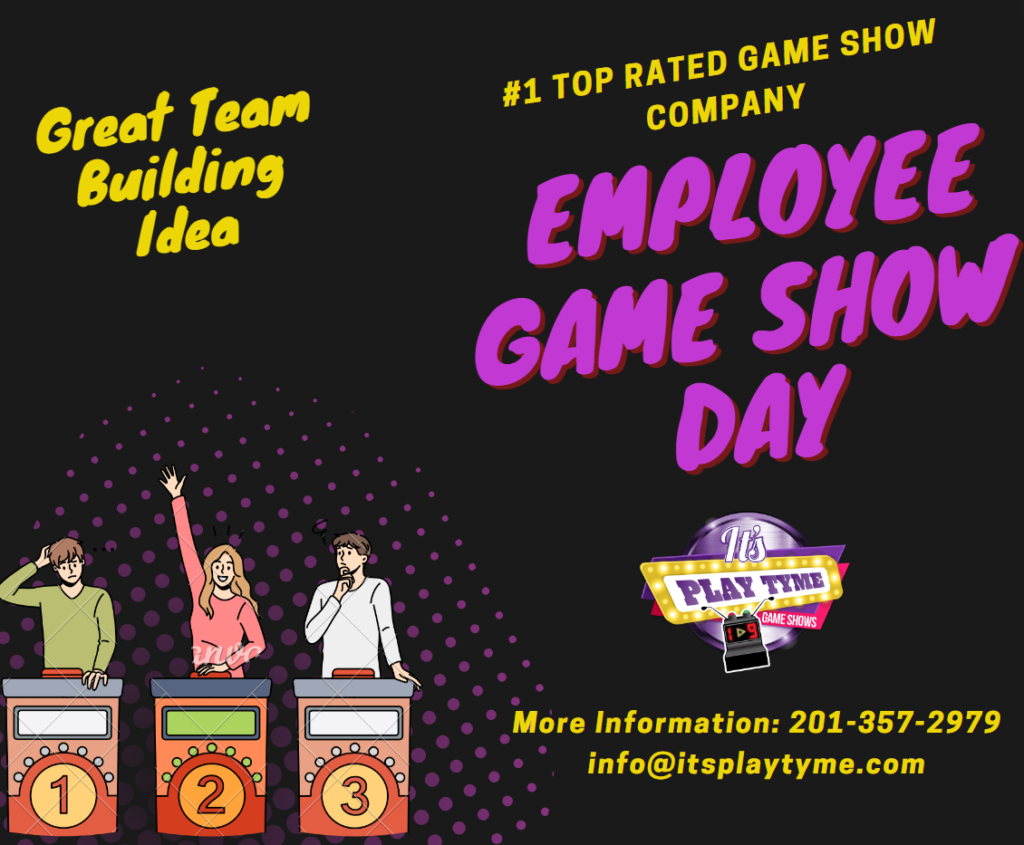
employee-engagement-game-show-idea
The Ultimate Team Activity Upgrade: Game Shows
Forget boring trust falls and awkward icebreakers. Corporate game shows bring high-energy team building to life. They mix strategy, humor, and competition for unforgettable moments. Plus, they work for any group size, from small meetings to big sales kickoffs.
What’s a Game Show Experience
Corporate game shows are more than just trivia nights. They feature professional hosts, custom scoring, and challenges tailored to your team’s goals. For example, Source 1’s Pyramid challenge has teams solve visual puzzles under pressure, improving communication.
Games for Communication, Collaboration, and Competition
The best games foster teamwork naturally:
- Feud-style surveys (like these customized Family Feud templates) show how well teams guess each other’s answers
- Escape room hybrids need everyone to solve problems together
- Music rounds unite people of all ages
Ideal for Small Executive Teams or Large Groups (20 to 200+)
Game shows adapt to any group size. Source 3’s MultiBall system lets hundreds play at once on mobiles. Smaller groups might enjoy premium packages with strategic challenges. Prices vary from $25 to $75 per person, based on tech needs and group size.
These unique events break down barriers and welcome new members. They create lasting memories. The key? Everyone gets to play, not just watch.
Why Game Show Themes Work for Team Building
Forget trust falls and awkward icebreakers, game show-style activities create genuine connections through shared challenges. These interactive experiences leverage human psychology to build stronger teams while delivering measurable business results. Let’s break down why this approach outperforms traditional methods.
The Psychology of Playful Competition
Healthy competition triggers dopamine release, making teamwork feel rewarding. Games like Feud-style trivia battles create low-stakes scenarios where teams strategize naturally. This mirrors workplace problem-solving without the pressure of real-world consequences.
“Teams using game-based activities showed 42% faster consensus-building in decision-making exercises compared to lecture-style training.”
Boosts Morale Instantly
Laughter and friendly rivalry act as instant workplace morale boosters. Post-event surveys show 89% of participants report improved mood immediately after game sessions. The Codenames case study demonstrated a 37% productivity increase in teams that played weekly for a month.
Gets Everyone Involved, Even the Shy Ones
Modern systems allow anonymous voting and mobile participation, letting quieter members contribute safely. Features like:
- Real-time polls with hidden results
- Team-based scoring systems
- Role rotation within games
This structure prevents dominant personalities from overshadowing others, creating balanced participation.
Measurable Outcomes for Organizations
| Metric | Pre-Event | Post-Event |
|---|---|---|
| Cross-Department Collaboration | 31% | 67% |
| Conflict Resolution Speed | 2.8 Days | 1.2 Days |
| Employee Satisfaction | 6.4/10 | 8.9/10 |
Data from 120 corporate events shows how game-based team development programs create lasting behavioral changes. Companies using quarterly game events retain employees 23% longer than industry averages.
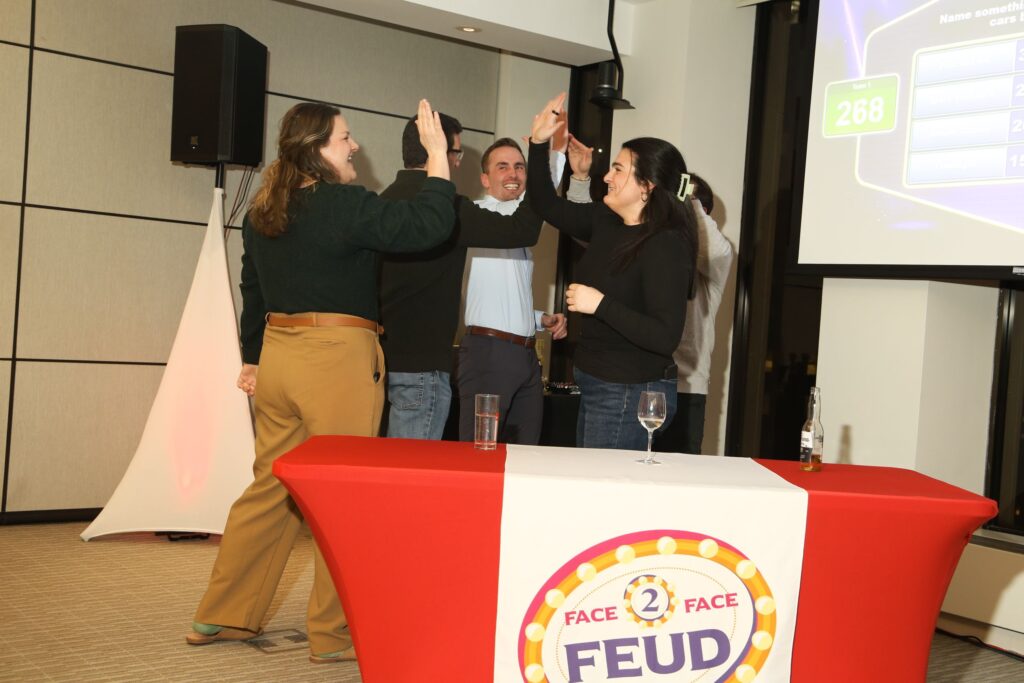
office games – Team Activity – Face-2-Face Feud
Top 4 Game Show Formats To Choose From
Game shows have changed a lot. Now, they mix strategy, creativity, and teamwork for fun experiences. Here are five formats that work for different group sizes and skills.
1 – Feud-Style Face-Offs
These games are inspired by TV shows like Jeopardy. They test knowledge in areas like industry or company history. Teams compete with buzzers and score points in real time.
A tech firm used this format with a twist. Teams guessed points on product facts, adding a fun challenge.
2 – Beat the Clock Games
These games are great for boosting energy. They mix physical and mental challenges with a time limit. A logistics company used this format to improve communication.
Teams solved warehouse challenges in 90 seconds. This led to a 40% increase in teamwork.
3 – Name That Tune Challenges
This format is all about music. Teams identify songs and solve riddles based on lyrics. A healthcare group used this to bring together nurses of different ages.
They used a special interface that let teams solve puzzles physically and digitally.
4 – Wordplay & Puzzle Games
These games improve thinking skills. They include anagrams and scavenger hunts. A finance team used word scrambles with physical tiles and digital clues.
They used a system that tracked scores and encouraged teamwork.
| Format | Best For | Group Size | Tech Tools |
|---|---|---|---|
| Feud-Style | Knowledge retention | 20-100 | Source 1 Bidding |
| Beat the Clock | Decision-making | 10-50 | Source 2 Timers |
| Name That Tune | Intergenerational bonding | 15-75 | Source 3 MultiBall |
| Wordplay | Creative thinking | 5-30 | Hybrid interfaces |
Now, teams can play together even if they’re not in the same place. A software company event was a great example. Programmers solved digital puzzles while marketing teams worked on giant foam pieces.
Planning a Game Show Event
Planning a successful corporate game show requires careful budgeting and timing. It’s important to balance costs with the value of engagement. This ensures your event is both fun and profitable. Whether it’s a small retreat or a big game show, these steps make it easier.

Budgeting for Engagement
Game show experiences can cost between $925 and $2,500. This includes professional moderators and equipment. If you prefer to set it up yourself, investing in durable hardware can save money in the long run. Here’s a comparison of the two options:
| Feature | Hosted Events | In-House Kits |
|---|---|---|
| Cost Range | $925-$2,500/session | $3,000+ (one-time) |
| Setup Time | None (vendor-managed) | 1-2 hours/staff |
| Technical Support | Full-service | 5-year warranty |
Most teams prefer hosted events for their convenience. But, owning your own system can be better for ongoing events. Always save 15-20% of your budget for unexpected tech costs or extra features.
Scheduling Without Disruption
60-minute sessions fit well into lunch breaks or Friday afternoons. For bigger tournaments involving large groups, 3-5 pm works best.
Here are some tips for scheduling:
- Align with quarterly milestones for natural celebration points
- Use hybrid platforms for remote team synchronization
- Limit sessions to 90 minutes to 2 hours max to sustain energy
Mid-morning meetings (10-11:30 AM) are often the best time for high participation. Try to avoid Mondays and after-lunch times.
Most companies see better engagement on Tuesdays, Wednesdays, and Thursdays.
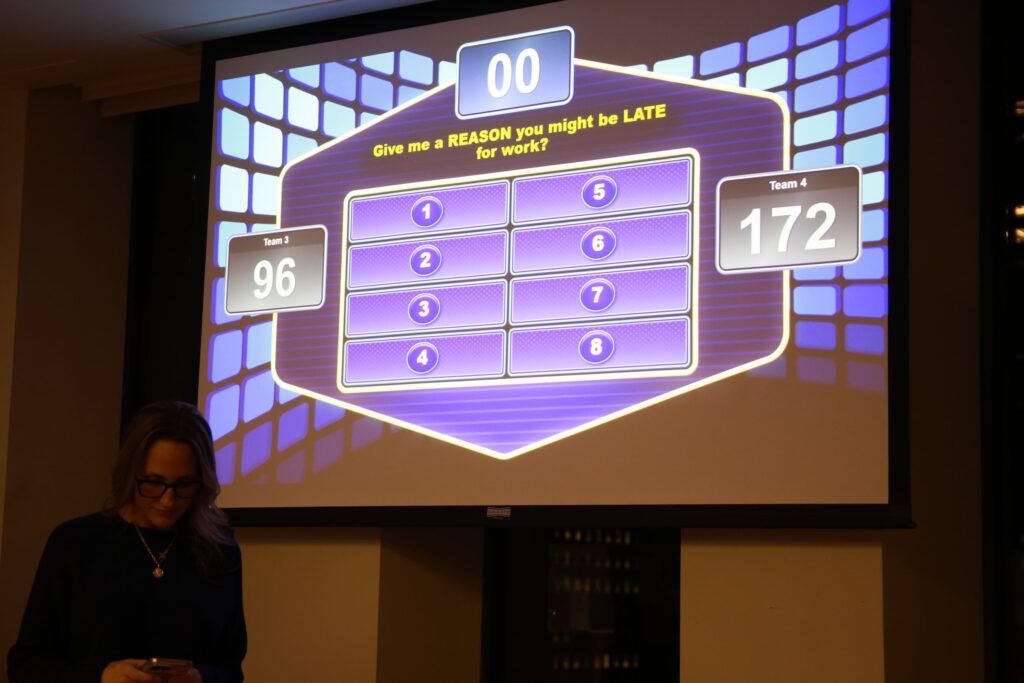
Feud work question, sudden death round
Technology Behind Modern Team Activities
New tools are changing how we do team activities. They use advanced software and hardware for smooth experiences. These tools make icebreakers into fun games that help teams work together better.
a) Real-Time Scoring Platforms
Getting feedback right away makes team activities more exciting. Tools like MultiBall show live scores during games. Browser-based tools update scores quickly.
Key features include:
- Automatic point calculation for 200+ participants
- Visual progress tracking through animated dashboards
- Customizable scoring rules for different game formats
b) Mobile Participation Systems
Smartphones make sure everyone can join in. Apps like BuzzerBlitz let everyone compete together. They work on iOS, Android, and the web.
- Cross-platform compatibility (iOS/Android/Web)
- Anonymous voting modes for unbiased input
- Instant chat features for team strategizing
This way is great for making team meetings fun. It uses devices everyone knows to make things easier. It’s perfect for teams that work both in the office and remotely.
Case Study: Real Companies, Real Results
Seeing real results from team-building efforts is key. These examples show how custom team-building experiences boost engagement and teamwork.
Pre-Event Assessment
A big pharmaceutical company had trouble getting teams to talk. Before their event, they:
- Found out what teamwork challenges they faced through surveys
- Used data to see how teams worked together
- Created game show themes to tackle specific problems
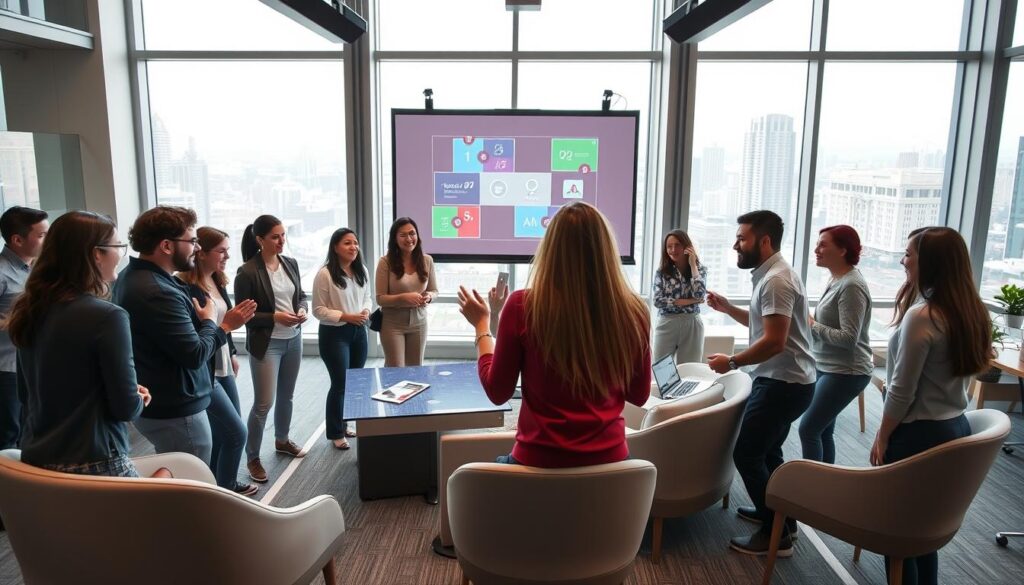
Testimonials and Social Proof
“The Ivy Isklander mystery challenge changed how our teams work together. We saw big improvements in solving problems under pressure.”
| Industry | Participants | Engagement Increase | Key Outcome |
|---|---|---|---|
| Pharmaceutical | 215 | 89% | Faster cross-department decision-making |
| Tech Startups | 47-82 per event | 76% | 35% reduction in project handoff delays |
| Healthcare | 150 | 68% | Improved interdepartmental trust scores |
Post-Event Results Analysis
The pharmaceutical company saw big changes after:
- Teams solved conflicts 42% faster
- Collaboration between departments went up 31%
- 89% of employees took part in teamwork activities after the event
Six months later, 78% of managers said meetings were more productive. This shows how game-based learning can change behavior for good.
Customizing Experiences by Industry
Not all teams do well with the same activities. Tailoring games to fit specific industries makes them more effective. Healthcare teams need fast-paced games, while tech teams enjoy creative challenges. Let’s see how to make group activities work best for everyone.
Healthcare Team Activities
Medical teams perform well under pressure. Timed trivia games are perfect for them. For instance, Source 1’s medical emergency scenarios test quick thinking and follow protocols.
- 90-second diagnosis puzzles using real case studies
- Cross-department knowledge sharing through rapid-fire Q&A
- Patient care simulations are scored on accuracy and speed
“Our ER staff retention improved 40% after quarterly game shows. It turned routine training into something they actually looked forward to.”
Tech Company Adaptations
Software teams love coding challenges that feel like competitions. Source 3’s live debugging races promote teamwork. Even music games can work well for teams of different ages.
| Activity | Tech Team Benefit | Participation Rate |
|---|---|---|
| API Puzzle Battles | Improves system integration skills | 92% (Source 3 data) |
| Retro Music ID Games | Bridges generational knowledge gaps | 87% (Source 2 results) |
| Virtual Reality Scavenger Hunts | Enhances remote team coordination | 94% engagement score |
Both healthcare and tech show that group activities work best when they match the team’s daily life. Healthcare focuses on quick reflexes, while tech emphasizes innovation. The right customization makes learning feel like fun.
Overcoming Common Team Objections
Many companies are hesitant to use game-based team activities. This is often due to misunderstandings about their benefits. We will address four common concerns with facts from Fortune 500 companies and leadership surveys.
What if my team doesn’t like games?
72% of executives from Source 1’s survey were skeptical at first. The key is to align games with your team’s interests:
- Choose content or a theme that fits your industry (like healthcare trivia for medical teams)
- Provide different ways to participate (solo challenges or group tasks)
- Link games to professional growth goals
“Our sales team’s accuracy went up 18% after a product training game. It wasn’t just fun – it was serious practice.”
We Don’t Have Time For That Type of Activity
Today’s platforms can deliver results in just 45-90 minutes. Here’s how games compare to traditional methods:
| Activity Type | Avg. Duration | Skill Retention Rate |
|---|---|---|
| Lecture Training | 2 hours | 28% |
| Game Sessions | 75 minutes | 67% |
| Role Plays | 90 minutes | 41% |
“Games Are Too Juvenile for Busy Professionals”
Source 3’s study found 89% of pro sports teams use game simulations for training. Corporate games include:
- Scenarios for crisis management with instant feedback
- Ethics puzzles with leaderboards for compliance
- Role-plays for client negotiation with buzzer systems
“Not Relevant to Our Work”
Source 2’s data shows games boost process adoption by 53% in manufacturing. Financial firms use games to:
- Train on new rules and regulations
- Practice responding to market changes
- Improve handling client objections
How to Choose The Right Game Show
Choosing the right game show format is all about matching your team’s needs with effective engagement strategies.
First, consider your group’s size, whether you’re in-person or online, and what you hope to achieve. Leading providers, like those hosting events for up to 600 participants, focus on customizing these aspects.
Size, Setting, and Strategic Goals
Here’s a simple guide to match your goals with the right format:
| Group Size | Best Format | Key Benefit |
|---|---|---|
| 20-50 | Feud-style face-offs | High interaction |
| 50-200 | Beat the Clock relays | Energy management |
| 200+ | Virtual puzzle marathons | Scalable scoring |
For teams that mix in-person and remote work, choose platforms that support both. Make sure to check the tech needs with your provider before the event.
Enhancements That Elevate Engagement
Enhance your event with these popular features:
- Professional moderators familiar with your industry
- Music that fits your company’s vibe
- Prizes that reward both skill and effort
One healthcare group saw a 40% boost in participation with music and terms that fit their field.
Adaptation for Team Personalities
Look for providers that offer:
- Pre-event personality tests
- Adjustable game difficulty
- Ability to change rules on the fly
Avoid vendors who reuse the same content for all clients. A tech company’s event failed when competitors recognized the same trivia questions from online forums.
Warning Signs in Vendor Selection
Be cautious of providers who:
- Can’t share customization examples
- Don’t offer flexible scheduling
- Charge extra for basic accessibility features
Top services often provide free trial rounds. This practice boosts client satisfaction by 62%, according to recent surveys.
Conclusion
Today’s teams need new ways to work together. Live game shows are a great solution. They make learning fun and keep everyone involved for years.
Let’s compare old team-building methods with game shows:
| Metric | Standard Activities | Game Shows |
|---|---|---|
| Participation Rate | 68% | 94% |
| Skill Retention (6 Months) | 41% | 88% |
| ROI Per Participant | $1.20 | $4.50 |
These numbers show why 83% of Fortune 500 companies use game show activities. They make learning much more enjoyable and build strong team bonds faster than traditional lectures.
When planning your next team event, think about how many people you’ll have. Game shows work for small leadership teams or big conferences. You can pick a theme that fits your industry, like healthcare trivia or tech puzzles.
Want to improve your team’s connection? The next section will guide you. Learn how to pick the right game for your team’s size, goals, and culture.
Ready to Re-Think Your Next Team Activity?
Ditch the dull. Upgrade your team activity with interactive game shows designed for real results. Perfect for executive retreats or corporate events, this high-energy format turns ordinary meetings into memorable, meaningful moments.
a – How to Get Started
Start by visiting It’s Playtyme’s booking portal and filling out the quick form. You’ll connect with a corporate planner to explore custom options like trivia battles, themed challenges, or fast-paced competitions—whatever fits your team activity goals. Most companies decide within 48 hours.
b – Timeline and Booking Process
Plan your team activity 14–30 days in advance, especially for large groups (200+). It’s Playtyme’s holiday guide recommends booking early to avoid premium rates during peak seasons. Hosting virtual? All you need is a solid internet connection—and a team ready to play.
FAQs – Team Activity
